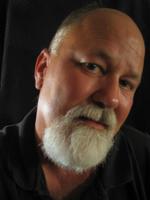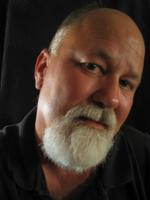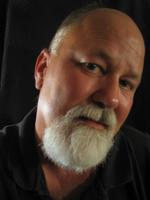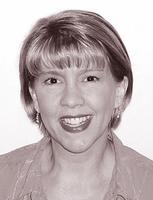JK: What Works
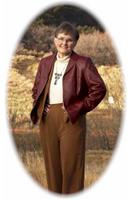
Recently, I heard a radio interview with the man who holds the record for throwing the most consecutive basketball free throws. He’s made over 1000 in a row. The interviewer asked him if he visualized that basket, imagined the ball swooshing through the net or hitting the backboard?
The successful man said no, he didn’t focus on the outcome, he just “I just do what works and the result takes care of itself.” What worked for him was placing his feet in the right position; putting his hands on the ball in a certain way; releasing the ball as he always did. He never thought of the goal.
I love this metaphor for the writing life. What works for me may not be what works for you but as writers, we’re challenged to find what works, what gives us joy in the process while leaving the outcome or completed goal to Someone else.
A devotional study begins my day, reading words of Frederick Buechner or currently, Liz Duckworth. Time spent in the Psalms soothes and as with all poetry, the Psalmist’s words remind me of God’s faithfulness in the music of words. A prayer I cut years ago from Writer’s Digest is taped to my computer. I read it each morning, appreciating poet Barry Longyear’s line that “if material success should come my way/remind me to than you.”
An Anne Lamott quote sits at the top of my computer. “You don’t have time for that.” It’s a reminder that I waste time obsessing over whether my editors will pull their hair out or whether a reader will even read this story. Life is short. We writers by faith have no time to squander our treasures.
One final ritual is to answer three questions taken from the book structuring the Novel. (1) Why am I telling this story? I call this the elevator sentence where I have one floor to describe my work before an inquisitive person steps off on her floor. (2) What’s my attitude about this story, what do I feel deeply about? (3) What’s my purpose? How do I hope a reader will be changed? When I begin to struggle and look to the goal too much, I look up and re-read my one sentences answers. I remember what works. That keeps me writing to the end.
The French have a word, métier that means “finding work to which one is best suited, work that the world needs doing.” As Christian writers, we’ve found worthy work.
When I finish a book, I’m always surprised that the answers to those three story questions often change. The Old Norse word raedon which give us to read means “to unveil a mystery,” and it suggests that the reader unveils something about themselves in the process of reading. Even when the piece I’ve written never finds a home where others can see it, I still experience success, still know I’ve shot the ball through the basket because I’ve done what worked.
I hope today you find what works for you.
Jane Kirkpatrick http://www.jkbooks.com/ author of A Land of Sheltered Promise

